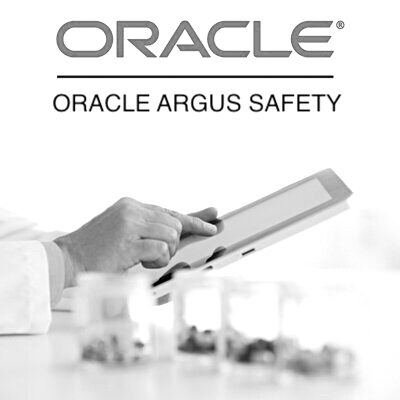Case Control Studies
Case-control studies are a type of observational study used in epidemiology to investigate the association between an outcome (usually a disease) and potential risk factors (such as exposure to a drug, lifestyle, or environmental factors). Case-control studies involve comparing a group of individuals with the outcome of interest (cases) to a group of individuals without the outcome (controls), and then examining differences in their exposures to potential risk factors.
The basic steps involved in conducting a case-control study include:
- Selection of cases: Cases are individuals who have the outcome of interest, such as a disease or adverse drug reaction. Cases are usually identified from hospitals or other healthcare settings, disease registries, or other sources.
- Selection of controls: Controls are individuals who do not have the outcome of interest, but are similar to the cases in other relevant characteristics, such as age and sex. Controls can be selected from the same population as the cases or from a different population.
- Exposure assessment: Exposure assessment involves collecting data on potential risk factors that may be associated with the outcome of interest. This can include self-reported data, medical records, or other sources of information.
- Data analysis: Data analysis involves comparing the frequency of exposure to potential risk factors in cases and controls. The association between exposure and outcome is typically measured using odds ratios or relative risks.
Case-control studies have several advantages, including the ability to study rare outcomes and to investigate multiple potential risk factors at the same time. They are also generally faster and less expensive than other types of studies, such as randomized controlled trials. However, case-control studies also have limitations, such as the potential for recall bias (i.e., cases may be more likely to remember exposures than controls) and the inability to establish causality. To minimize bias, it is important to use rigorous methods for selecting cases and controls, and to ensure accurate exposure assessment.
You may be interested in the programs below:
-
 eLearning + software
eLearning + softwareOracle Argus Safety Essentials
$599.00 -
 eLearning + software
eLearning + softwareOracle Argus Safety Essentials + Console
$799.00 -
 Live Online
Live OnlineOracle Argus Safety – Live Online
$999.00 -
 Live Online
Live OnlineOracle Argus Safety + Console – Live Online
$999.00 -
 eLearning + software
eLearning + softwareOracle Empirica Signal
$599.00 -
 Live Online
Live OnlineOracle Empirica Signal – Live Online
$999.00 -
 eLearning + software
eLearning + softwareDiploma in Pharmacovigilance
$799.00 -
 eLearning + software
eLearning + softwareArgus Safety – Business Configuration and Administration
$599.00
